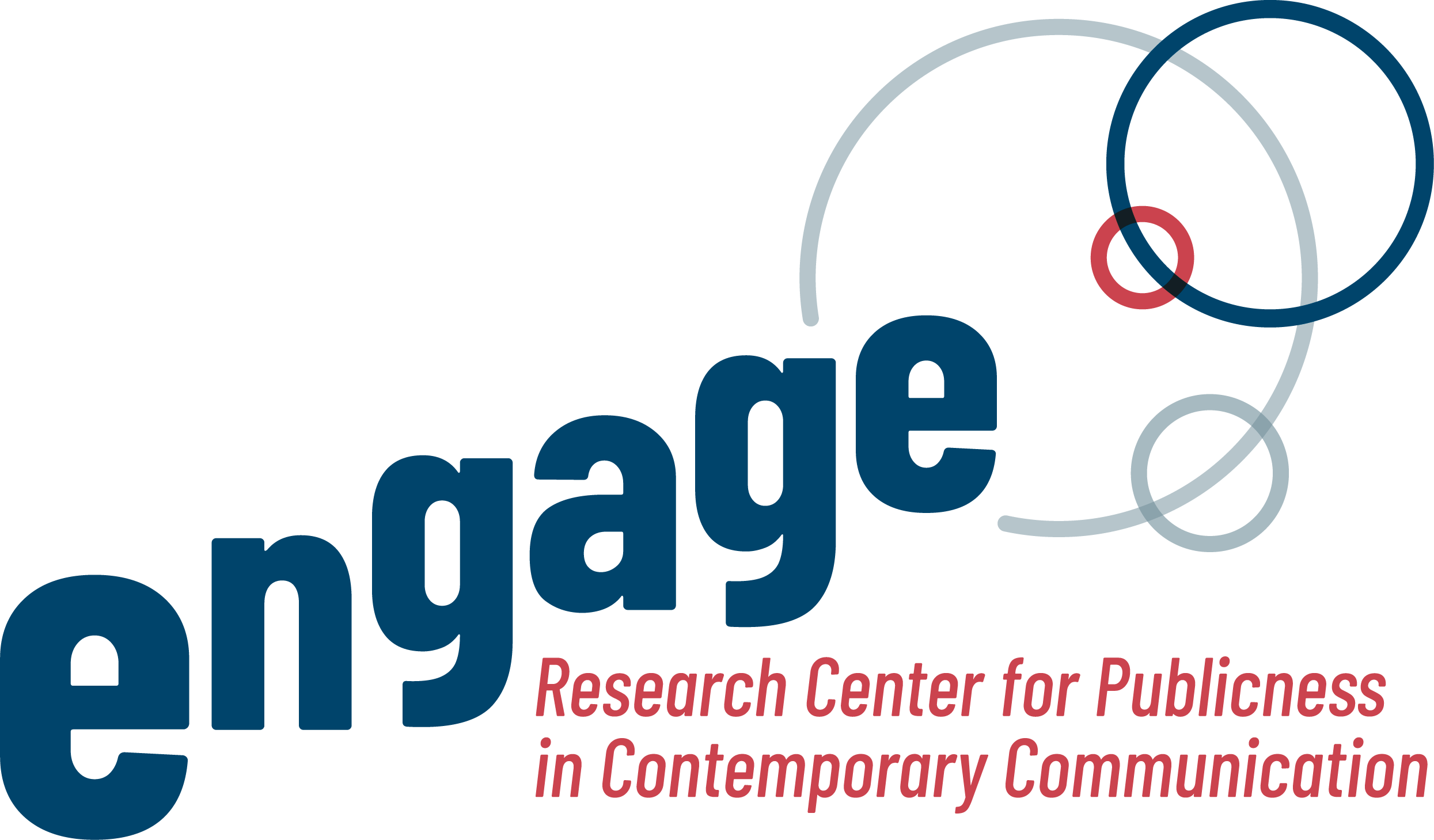Thomas Jacobs has been interviewed on the blog Language and Politics about the publication of his article in Journal of Language and Politics, entitled Discourse Theory and Strategic Communication: A long-expected party.
See full article here
This blog is the sister website to the Journal of Language and Politics, where we will publish short pieces relating to academic articles, special issues, book reviews, current events and more, emerging from the focus of the journal.
In this conversation, he talks about why the two fields can benefit each other.
One of the reasons why Thomas Jacobs wrote this article is because he’s teaching a class of Corporate Communication and a class on Organisational Communication, and he has been reading the literature on these topics quite a bit. First of all, he found a remarkable openness and interest in the field of Strategic Communication. Secondly, it was very interesting and enriching to see how Strategic Communication scholars who are not native to the domain of Discourse Studies but who have been grappling with discursive questions approach and use the notion of discourse.
The core claim of the article, the “key takeaways” is essentially that scholars of discourse and scholars of strategic communication can learn a lot from each other. From the point of view of a discourse scholar, the strategic communication literature struggles with an overly narrow, top-down, and intentionalist definition of strategy. Additionally, some of the existing discursive approaches in the Strategic Communication literature feel the unwarranted need to constantly ground their discursive analyses within a non-discursive ontology, thereby trivialising the research in question and bracketing the relevance of its findings. A discourse-theoretical approach can help out on both fronts, while simultaneously respecting the methodological and empirical diversity that constitutes one of the main strengths of the Strategic Communication literature. Discourse Studies and the PDT literature, meanwhile, stand to gain a lot of credibility by tackling some of the ‘harder’ economic and administrative topics that are common in the Strategic Communication literature.
The main interest of Thomas Jacobs going next in his research is to remain in political strategies, hegemonies, and how their interplay can be understood from a discursive perspective. He hopes to continue to explore this subject from both a theoretical and an empirical point of view.
He’s, for instance, currently preparing an article on how the old anthropological concept of cargo cultism can help us understand certain strategic reflexes in socialist movements and political parties, and he’s soliciting funding from various sources to run a big research project on the role that narratives, discourses, and interpretations play in the articulation of data-driven political communication strategies.
Finally, Thomas Jacob would encourage all discourse scholars to engage with these topics, because he feels that even a superficial acquaintance with these domains will add new perspectives and new insights to their understanding of processes of social construction.
